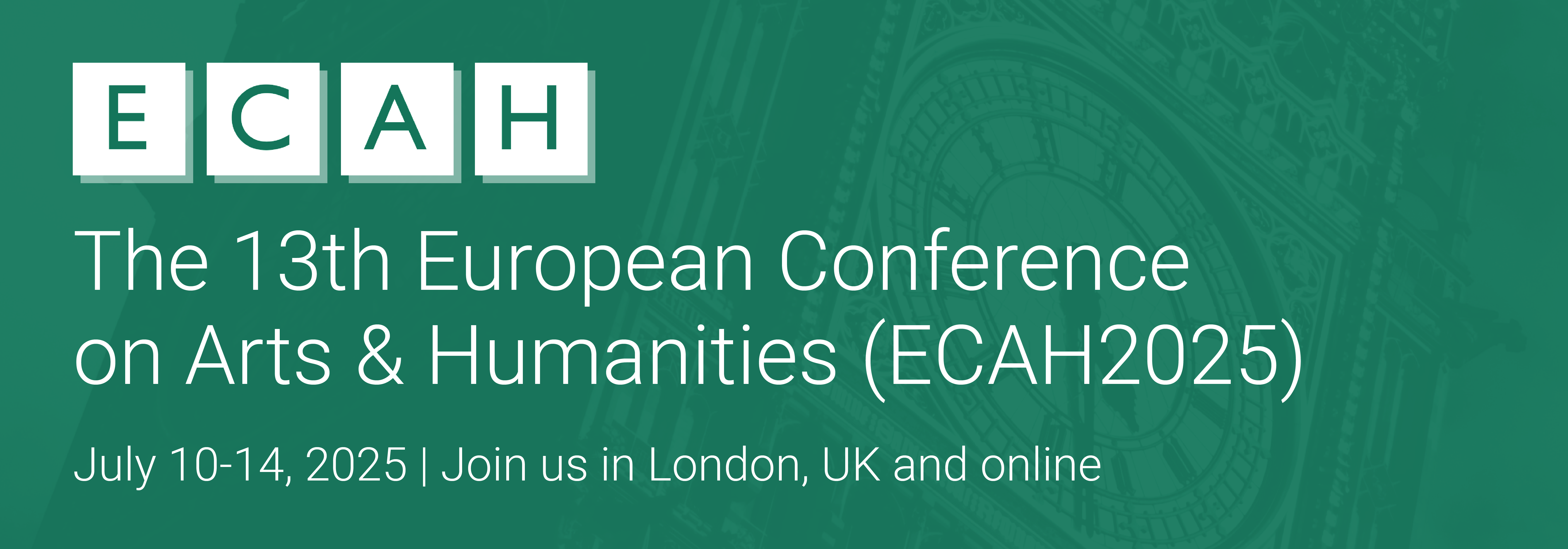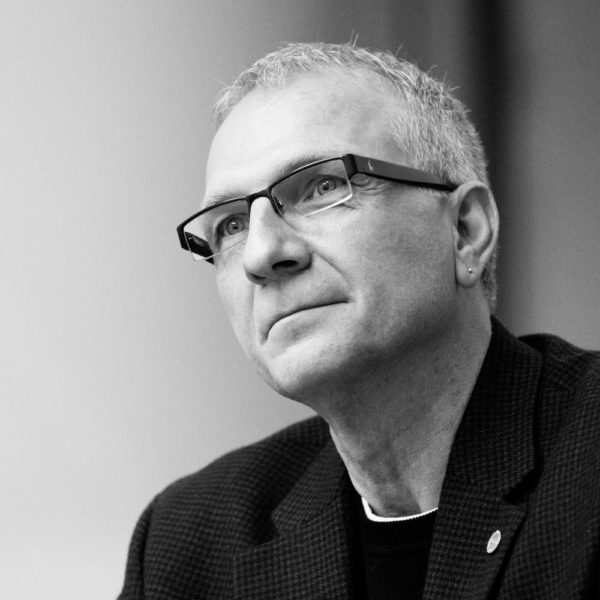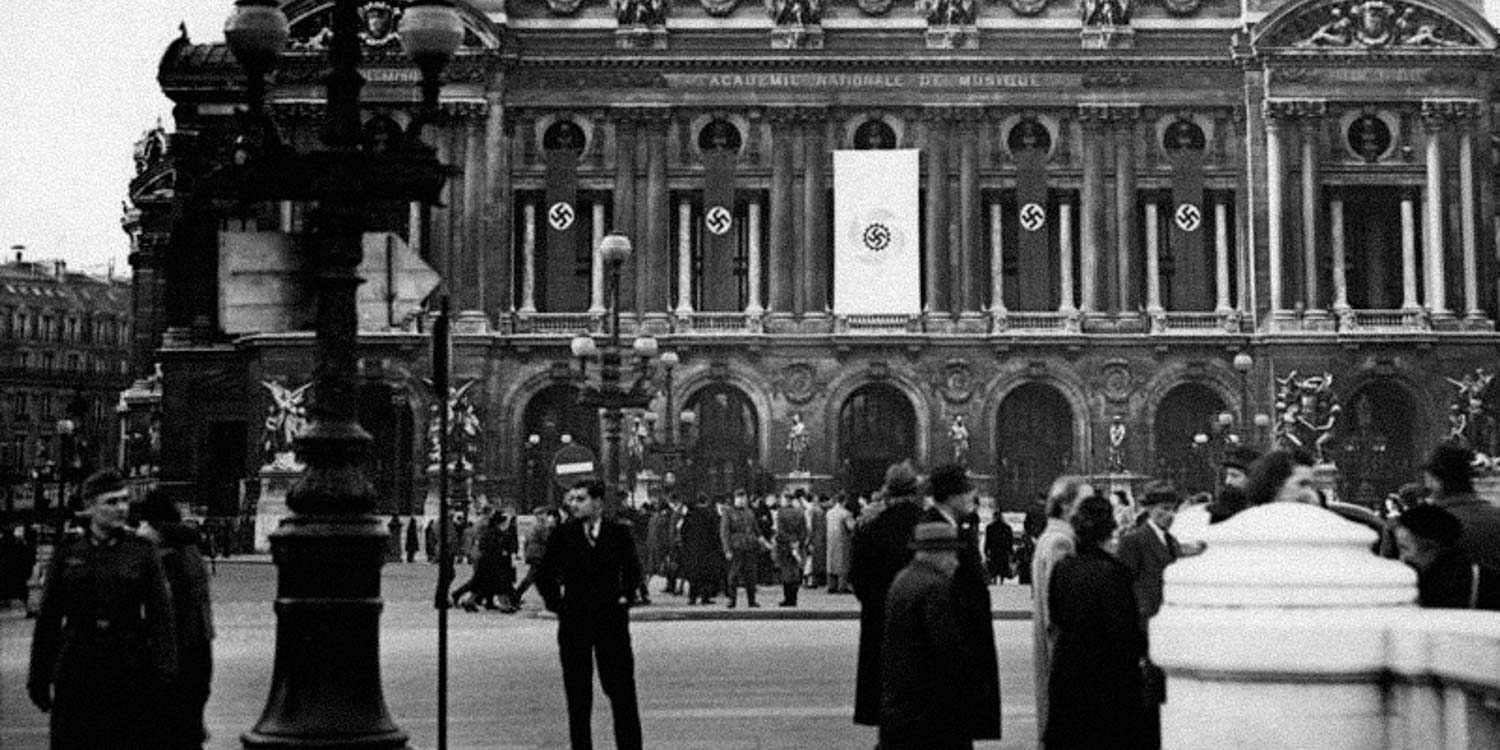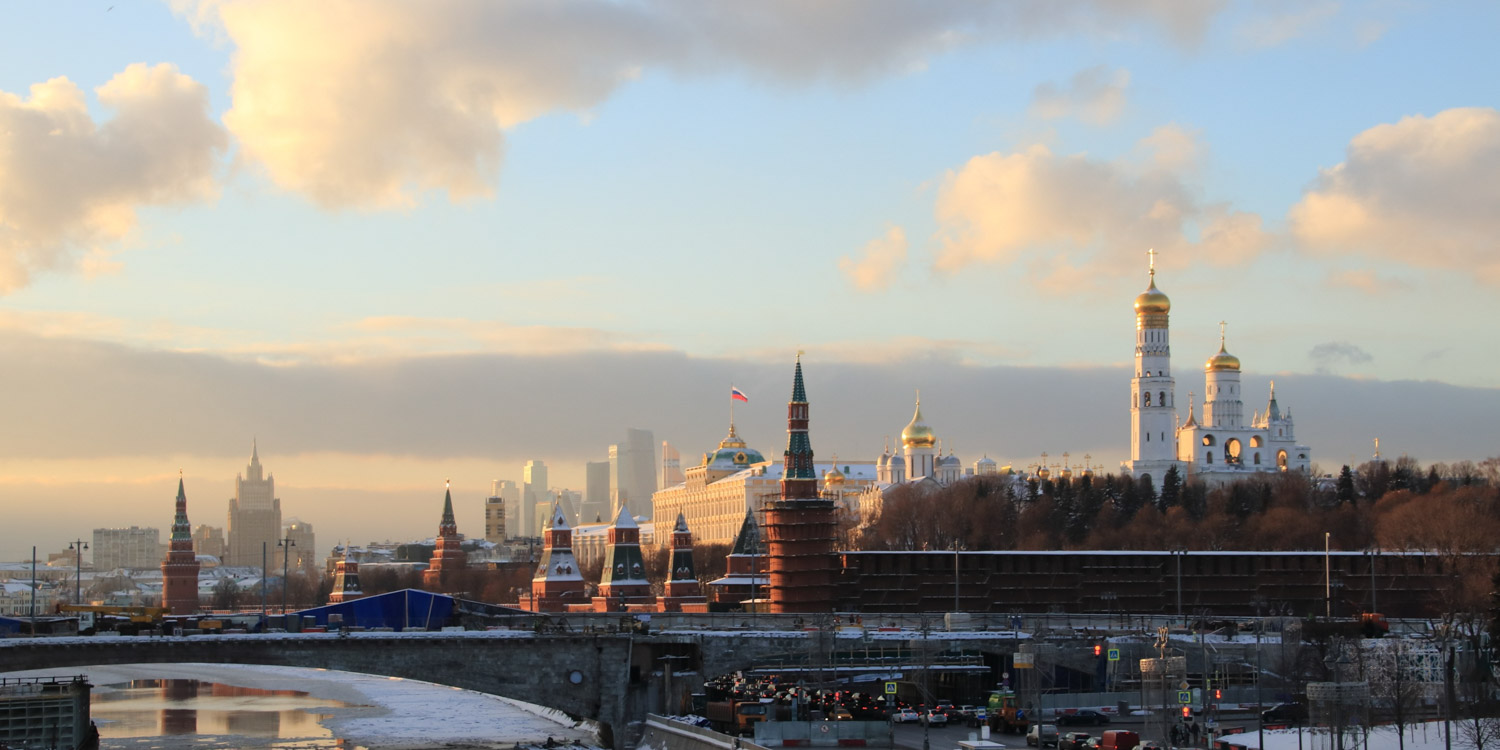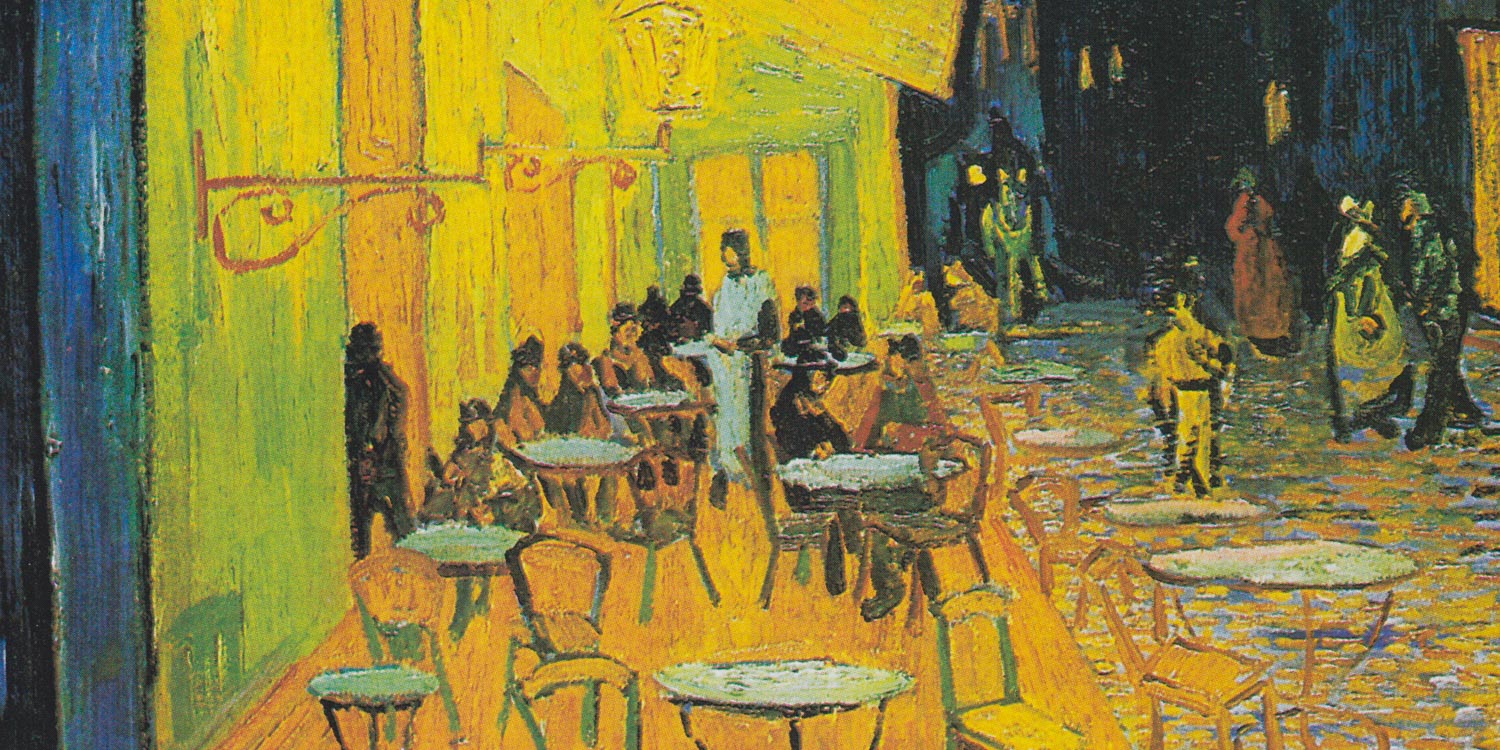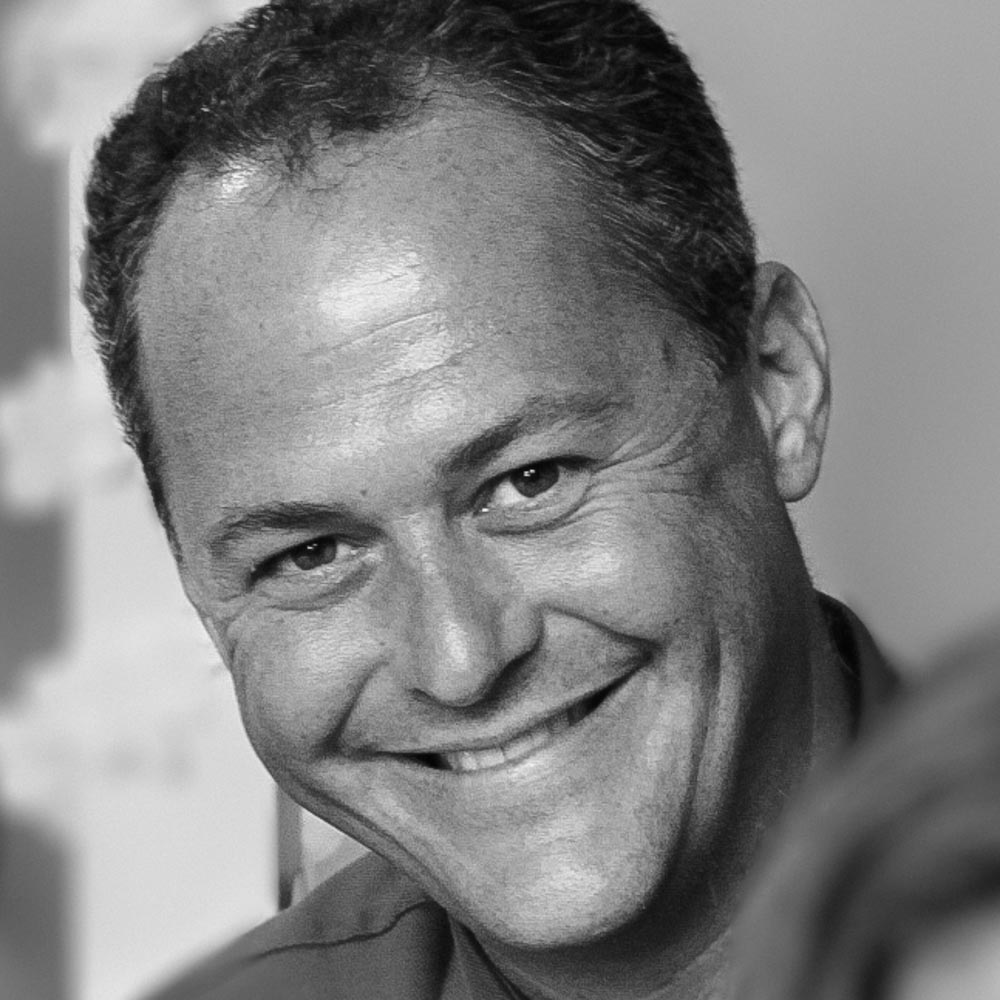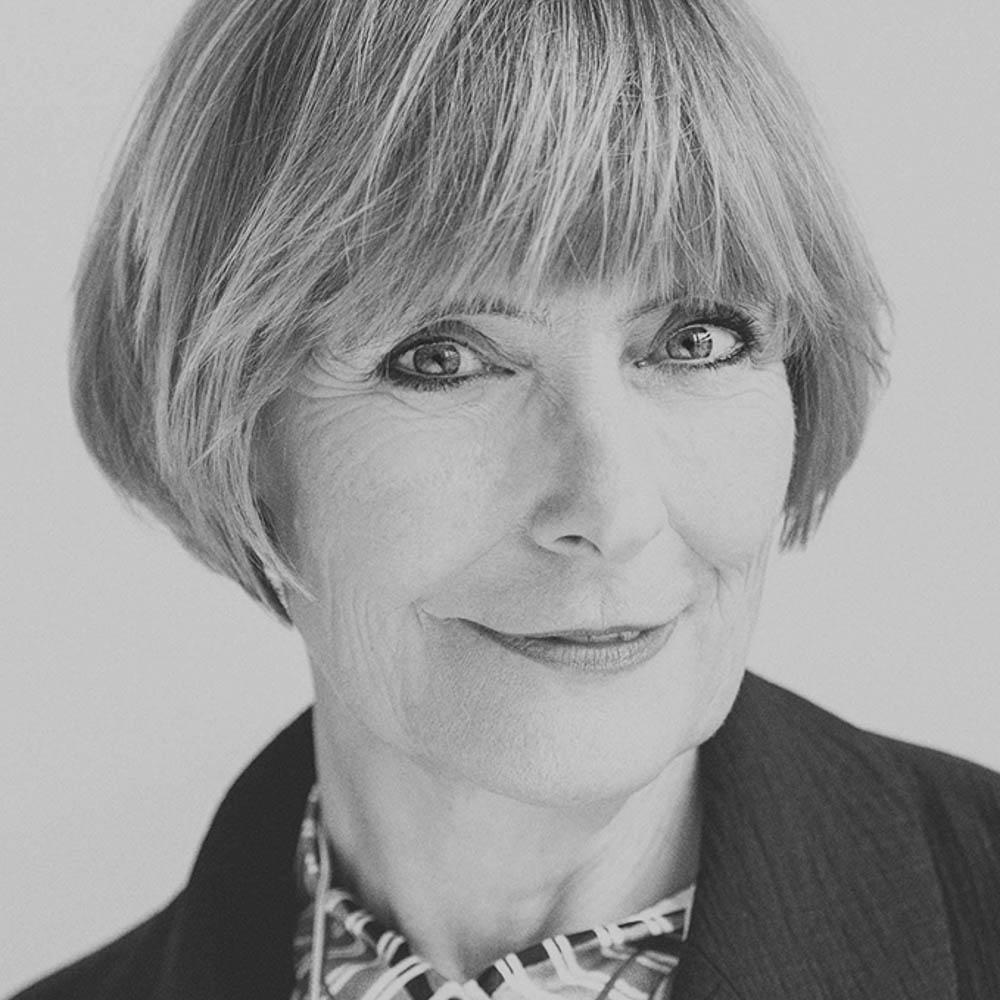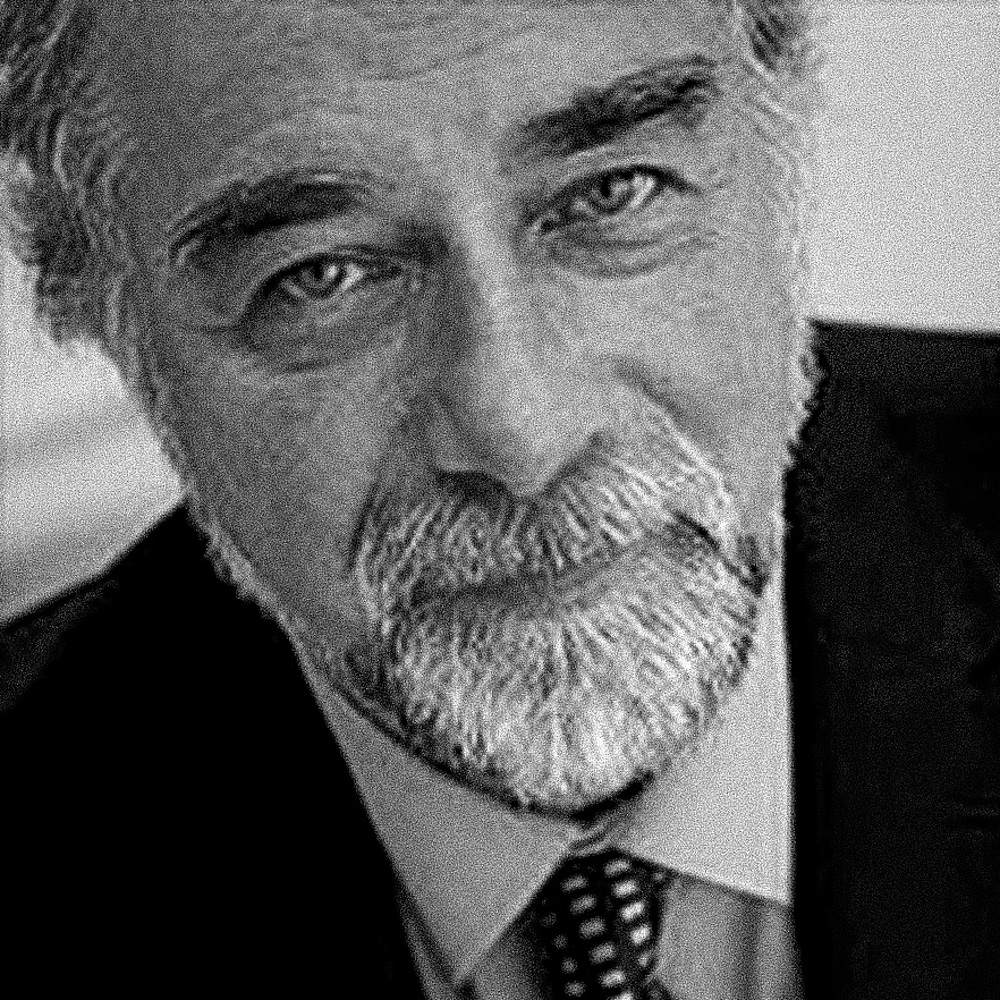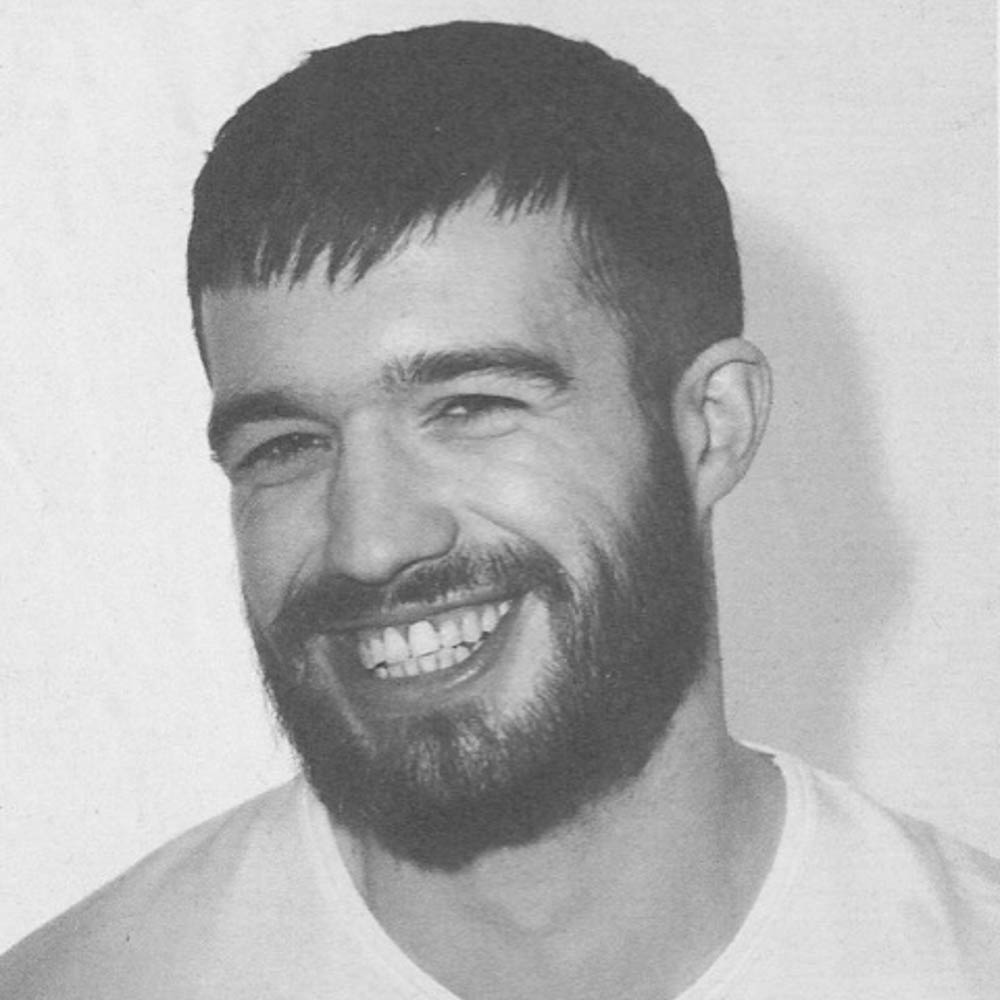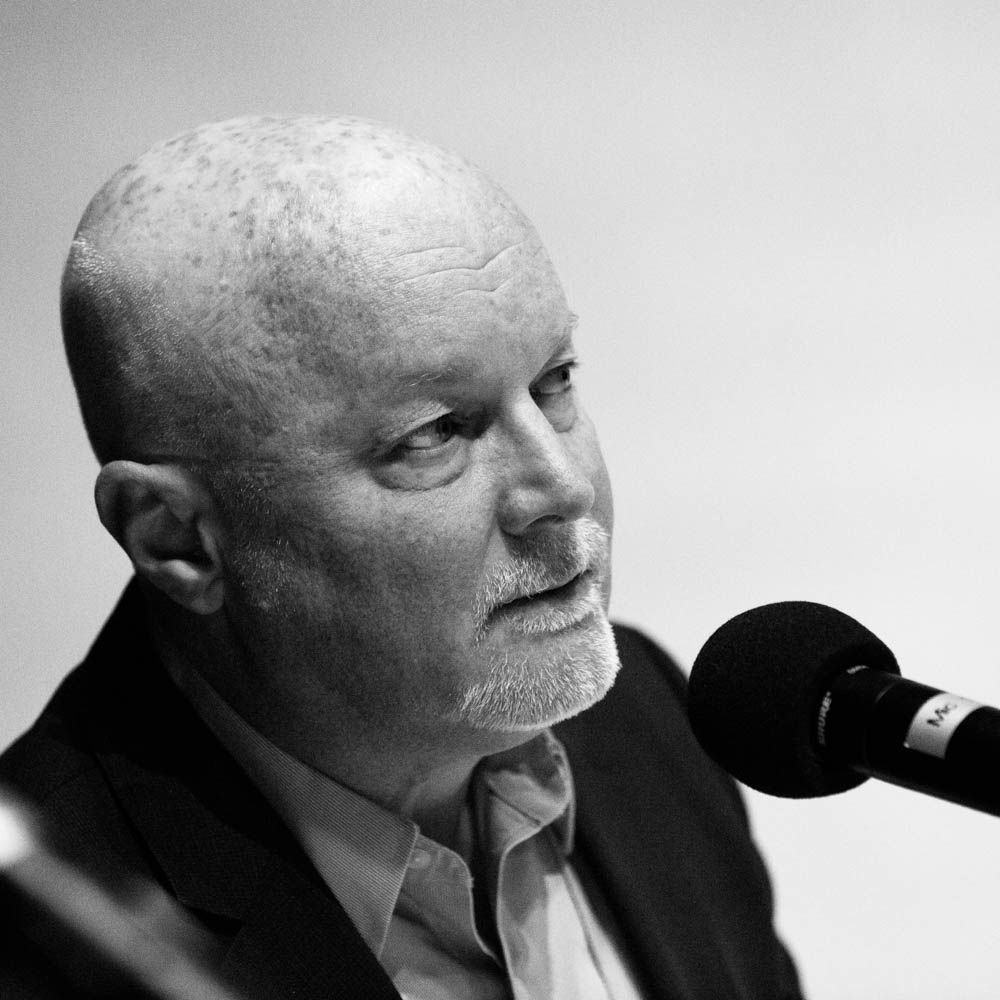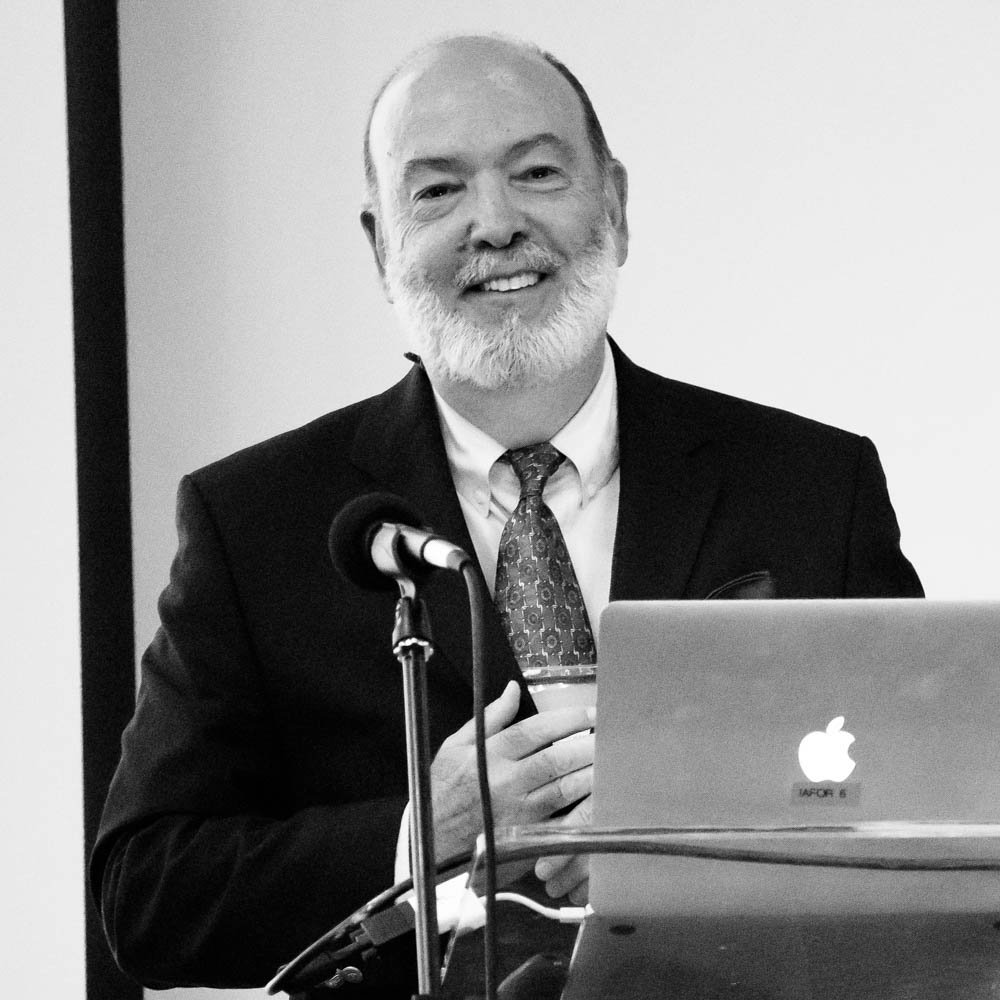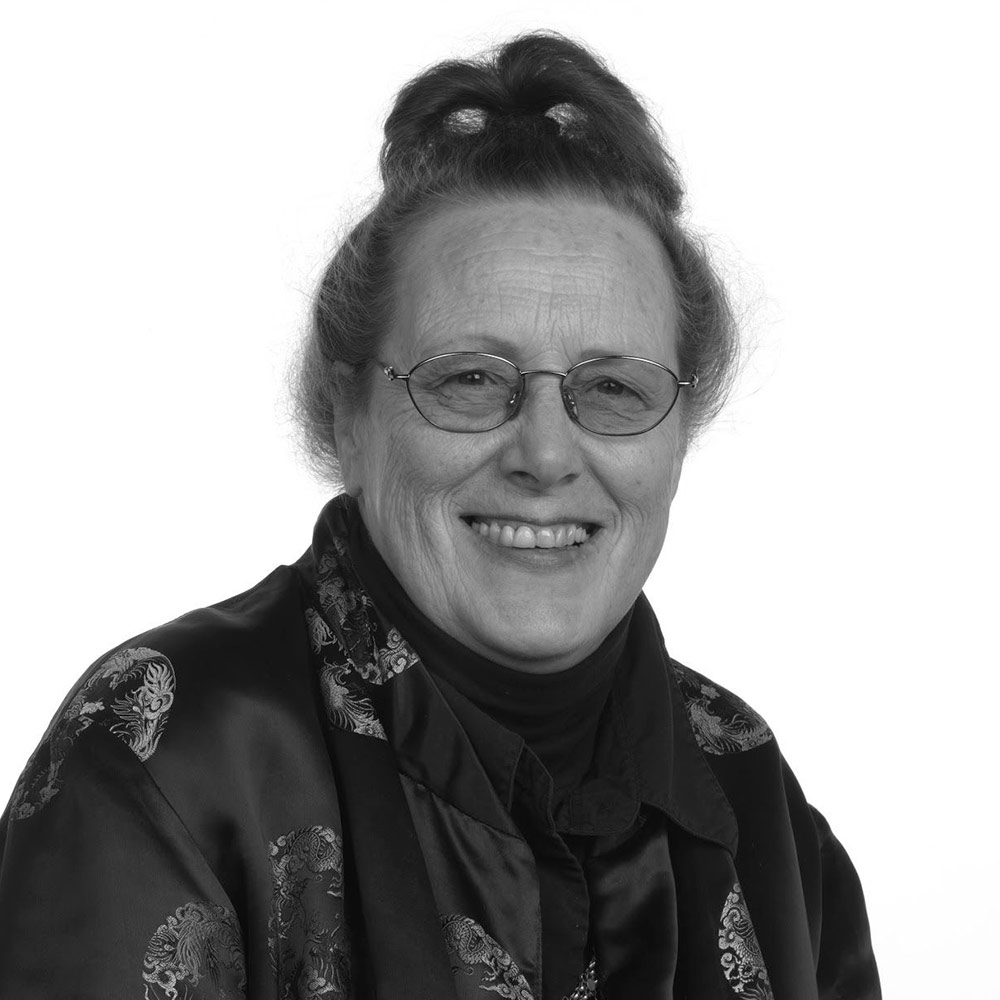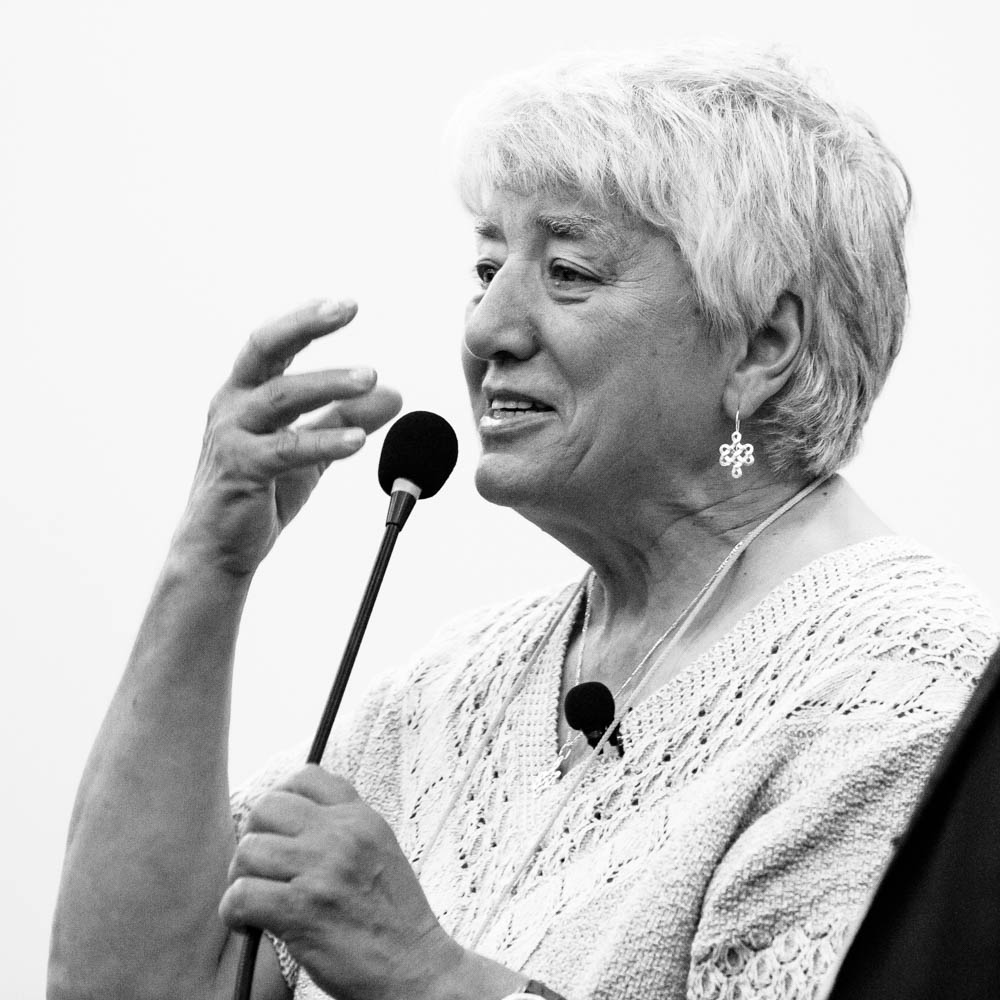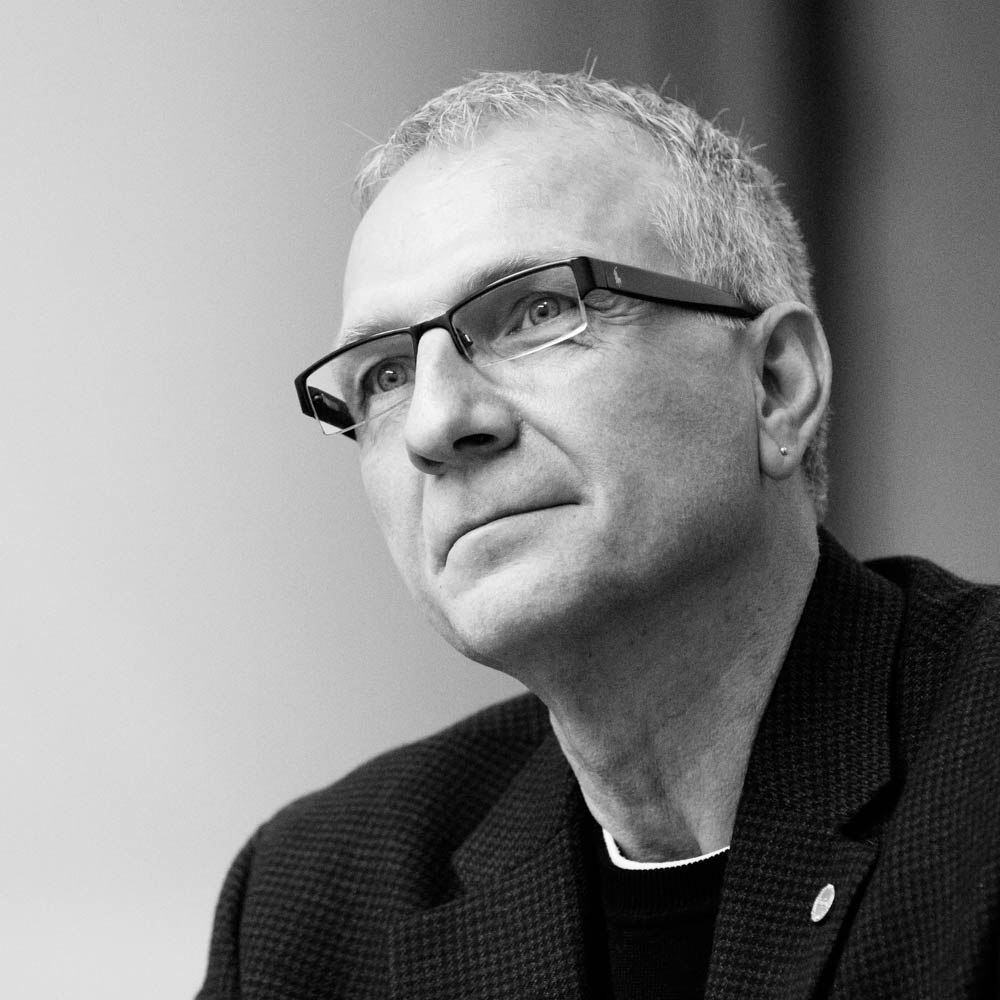Conference Theme: "Reclaiming the Future"
July 12–13, 2019 | The Jurys Inn Brighton Waterfront, Brighton, UK
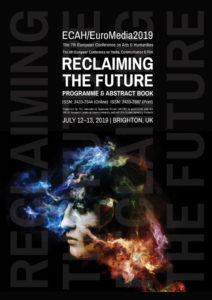 We live in a period characterised by rises in regionalism, nationalism and authoritarianism; a time of great global uncertainty and anxiety, as well as inequality and iniquity which both reflects and drives political divide, and undermines international systems of cooperation. Clashes of identities, beliefs and ideologies are evident in academia, media and the arts, contributing to a feeling that humanity is spiralling out of control; that our relationships with each other, as well as with the earth and environment, have never been worse.
We live in a period characterised by rises in regionalism, nationalism and authoritarianism; a time of great global uncertainty and anxiety, as well as inequality and iniquity which both reflects and drives political divide, and undermines international systems of cooperation. Clashes of identities, beliefs and ideologies are evident in academia, media and the arts, contributing to a feeling that humanity is spiralling out of control; that our relationships with each other, as well as with the earth and environment, have never been worse.
Yet, as humans, we are not conditioned by fear alone, but instead by a remarkable ingenuity, and a capacity for hope, self-reflection, activism and action. This agency to improve our own lives, and those of others, is the theme of this international conference, inviting us to consider the ways in which we contextualise and process the past, reimagining ourselves, our relationships, and our environments; driving positive change and reclaiming the future as a time we look towards with hope, and even optimism.
Programme
-
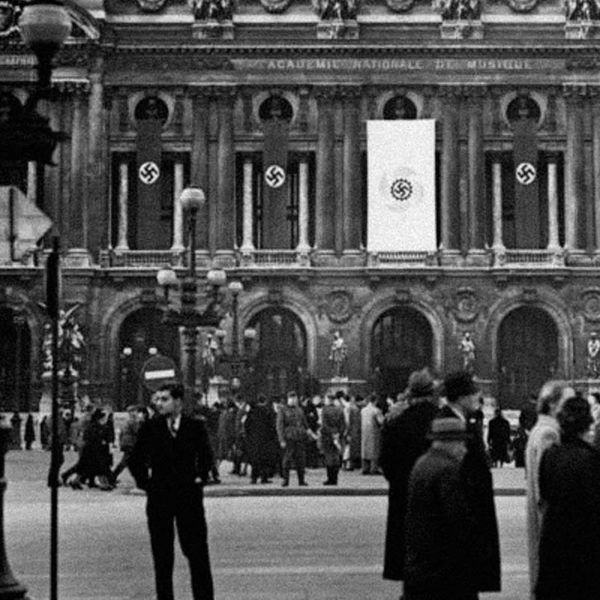 Haute Couture in Occupied Paris and Beyond, in World War Two: Issues of Nazi Cultural and Economic Control and the Diffusion and Consumption of Luxury Paris Fashion in War TimeKeynote Presentation: Lou Taylor
Haute Couture in Occupied Paris and Beyond, in World War Two: Issues of Nazi Cultural and Economic Control and the Diffusion and Consumption of Luxury Paris Fashion in War TimeKeynote Presentation: Lou Taylor -
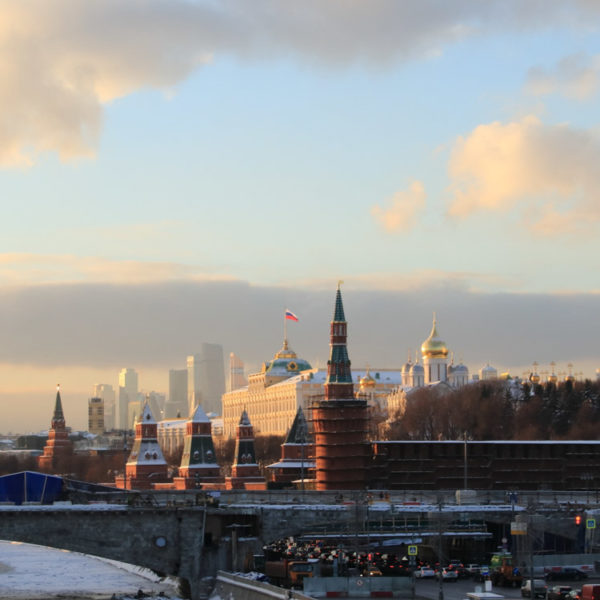 The Impact of Geography and History on Moulding the National Character and Identity: A View from RussiaKeynote Presentation: Svetlana Ter-Minasova
The Impact of Geography and History on Moulding the National Character and Identity: A View from RussiaKeynote Presentation: Svetlana Ter-Minasova -
 Reimagining the FuturePlenary Panel: Anne Boddington, Bruce Brown, Matthew Coats & Donald E. Hall
Reimagining the FuturePlenary Panel: Anne Boddington, Bruce Brown, Matthew Coats & Donald E. Hall -
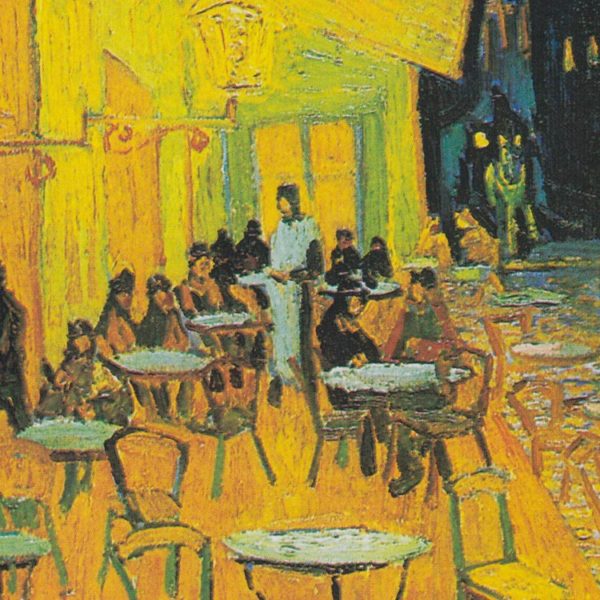 Van Gogh’s Last Supper: Striking New EvidenceKeynote Presentation: Jared Baxter
Van Gogh’s Last Supper: Striking New EvidenceKeynote Presentation: Jared Baxter -
 Resisting the Cynical Turn: Projections of a Desirably Queer FutureKeynote Presentation: Donald E. Hall
Resisting the Cynical Turn: Projections of a Desirably Queer FutureKeynote Presentation: Donald E. Hall -
 The Demise of Homo sapiens: Thought and Perception in the Kingdom of TechnologyFeatured Presentation: Alfonso J. García-Osuna
The Demise of Homo sapiens: Thought and Perception in the Kingdom of TechnologyFeatured Presentation: Alfonso J. García-Osuna
Speakers
-
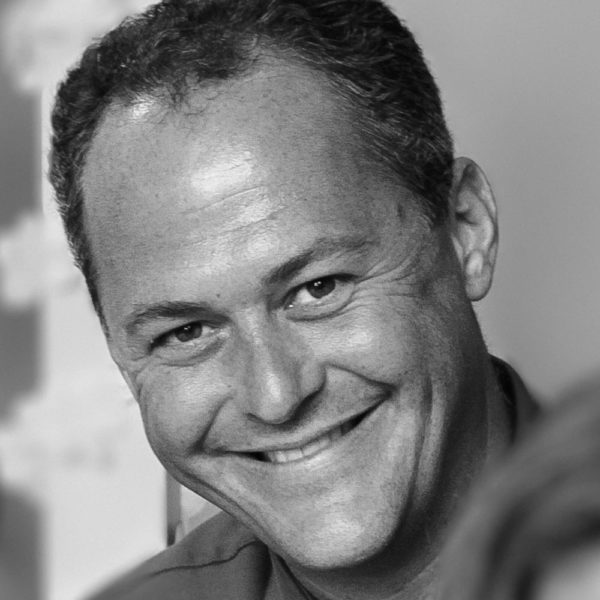 Jared BaxterIndependent Researcher, USA
Jared BaxterIndependent Researcher, USA -
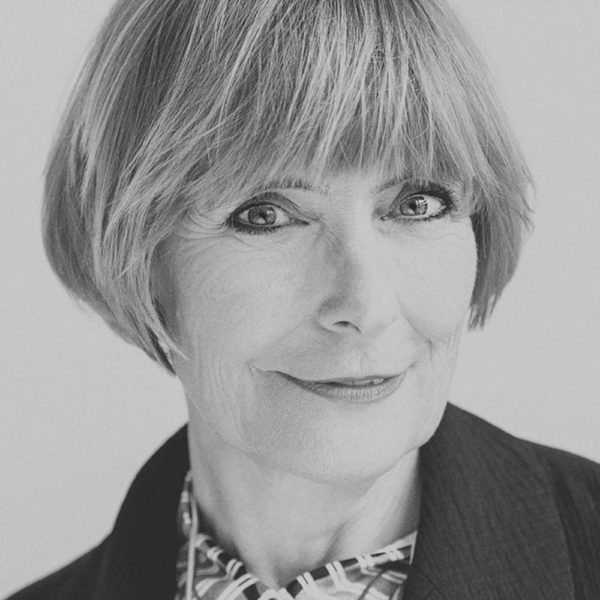 Anne BoddingtonKingston University, UK
Anne BoddingtonKingston University, UK -
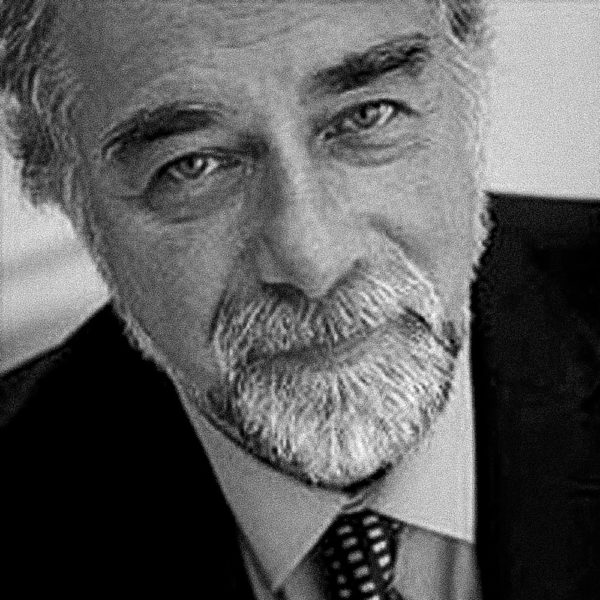 Bruce BrownRoyal College of Art, UK
Bruce BrownRoyal College of Art, UK -
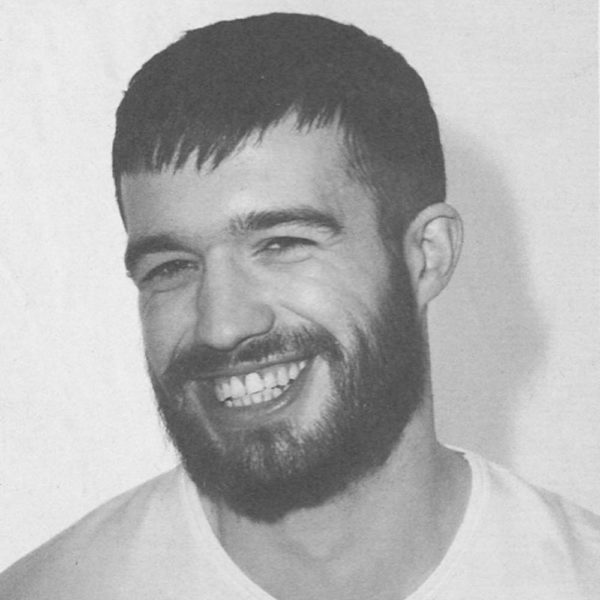 Matthew CoatsUniversity of Brighton, UK
Matthew CoatsUniversity of Brighton, UK -
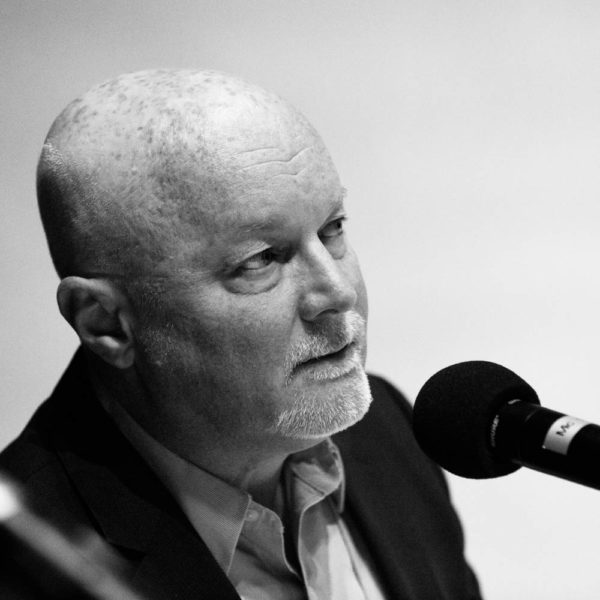 Donald E. HallUniversity of Rochester, USA
Donald E. HallUniversity of Rochester, USA -
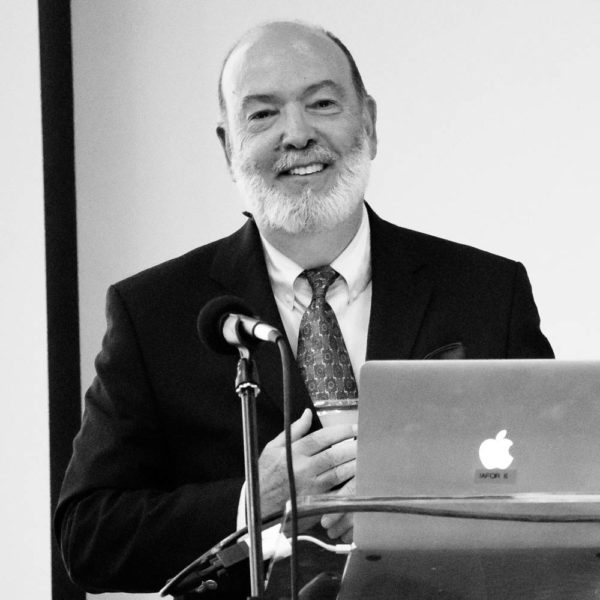 Alfonso J. García OsunaHofstra University, USA
Alfonso J. García OsunaHofstra University, USA -
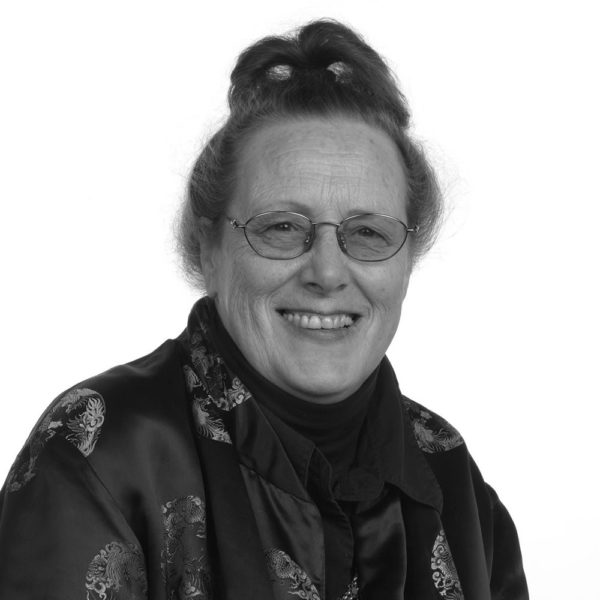 Lou TaylorUniversity of Brighton, UK
Lou TaylorUniversity of Brighton, UK -
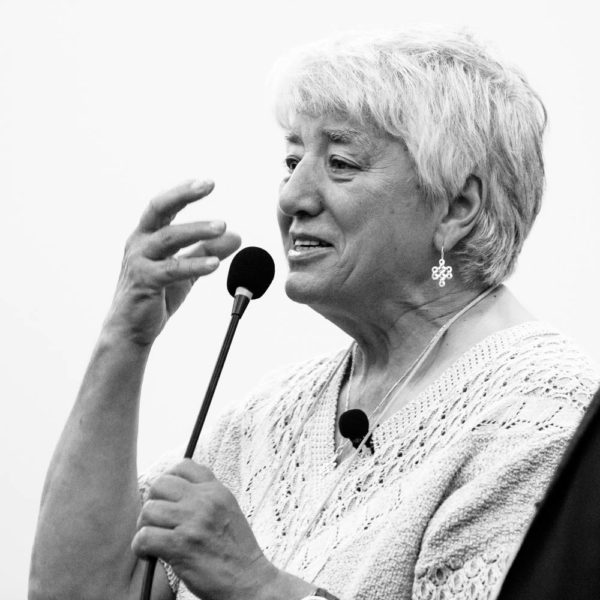 Svetlana Ter-MinasovaLomonosov Moscow State University, Russia
Svetlana Ter-MinasovaLomonosov Moscow State University, Russia
Organising Committee
The Conference Programme Committee is composed of distinguished academics who are experts in their fields. Conference Programme Committee members may also be members of IAFOR's International Academic Board. The Organising Committee is responsible for nominating and vetting Keynote and Featured Speakers; developing the conference programme, including special workshops, panels, targeted sessions, and so forth; event outreach and promotion; recommending and attracting future Conference Programme Committee members; working with IAFOR to select PhD students and early career academics for IAFOR-funded grants and scholarships; and overseeing the reviewing of abstracts submitted to the conference.
ECAH2019 Review Committee
- Dr Alexander Klemm, Webster University of Thailand, Thailand
- Dr Lily Zamir, Davis Yellin College, Israel
- Professor Majed S. Al-Lehaibi, Jazan University , Saudi Arabia
- Professor Natacha Muriel López Gallucci, Federal Universiti of Cariri, Brazil
- Professor Santosa Soewarlan, Indonesia Institute of The Arts, Indonesia
- Professor Xiaofan Gong, Beijing Institute of Graphic Communication, China
- Professor Zohreh Mirhosseini, Islamic Azad University-Tehran North Branch, Iran
IAFOR's peer review process, which involves both reciprocal review and the use of Review Committees, is overseen by conference Organising Committee members under the guidance of the Academic Governing Board. Review Committee members are established academics who hold PhDs or other terminal degrees in their fields and who have previous peer review experience.
If you would like to apply to serve on the ECAH2019 Review Committee, please visit our application page.
